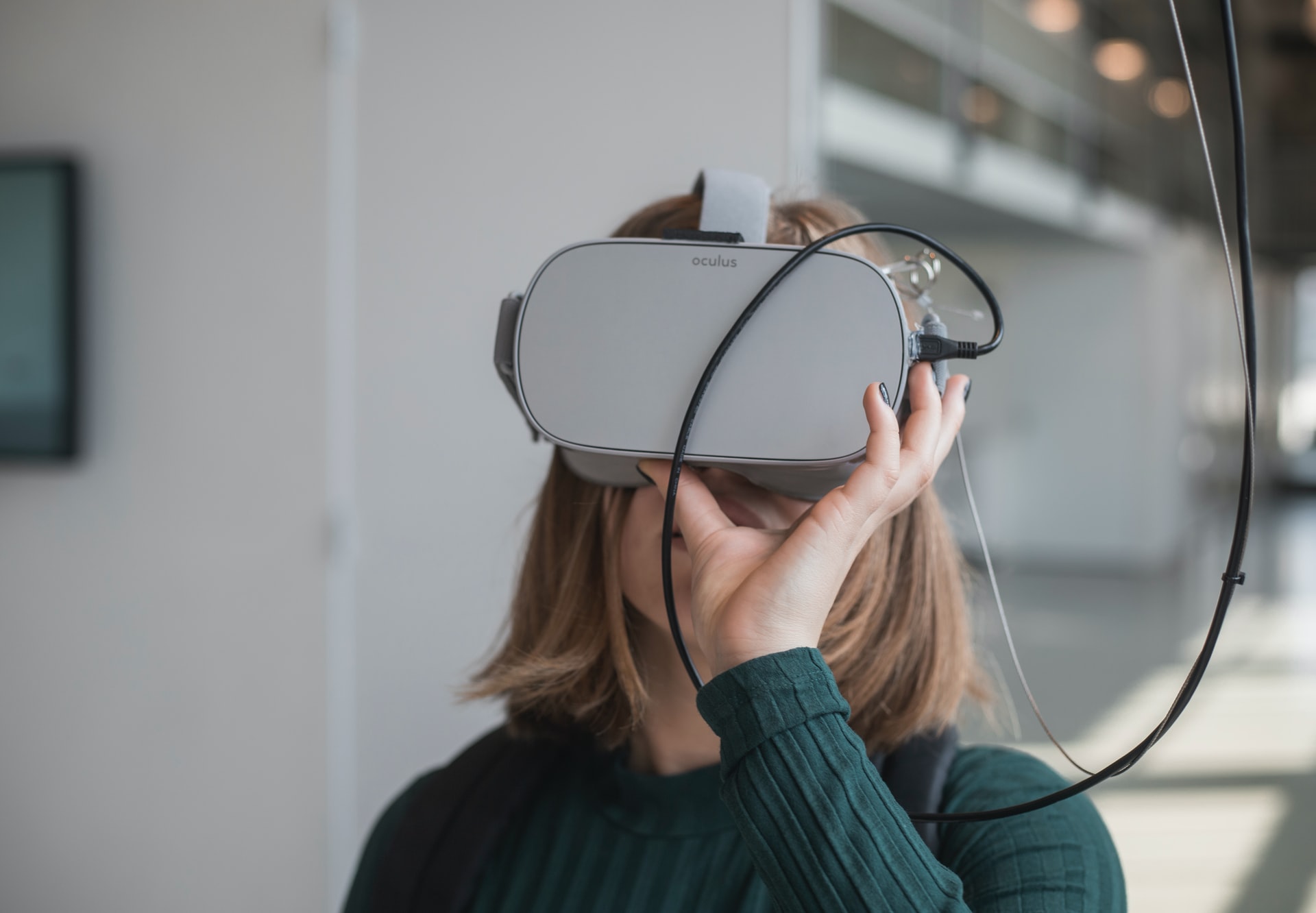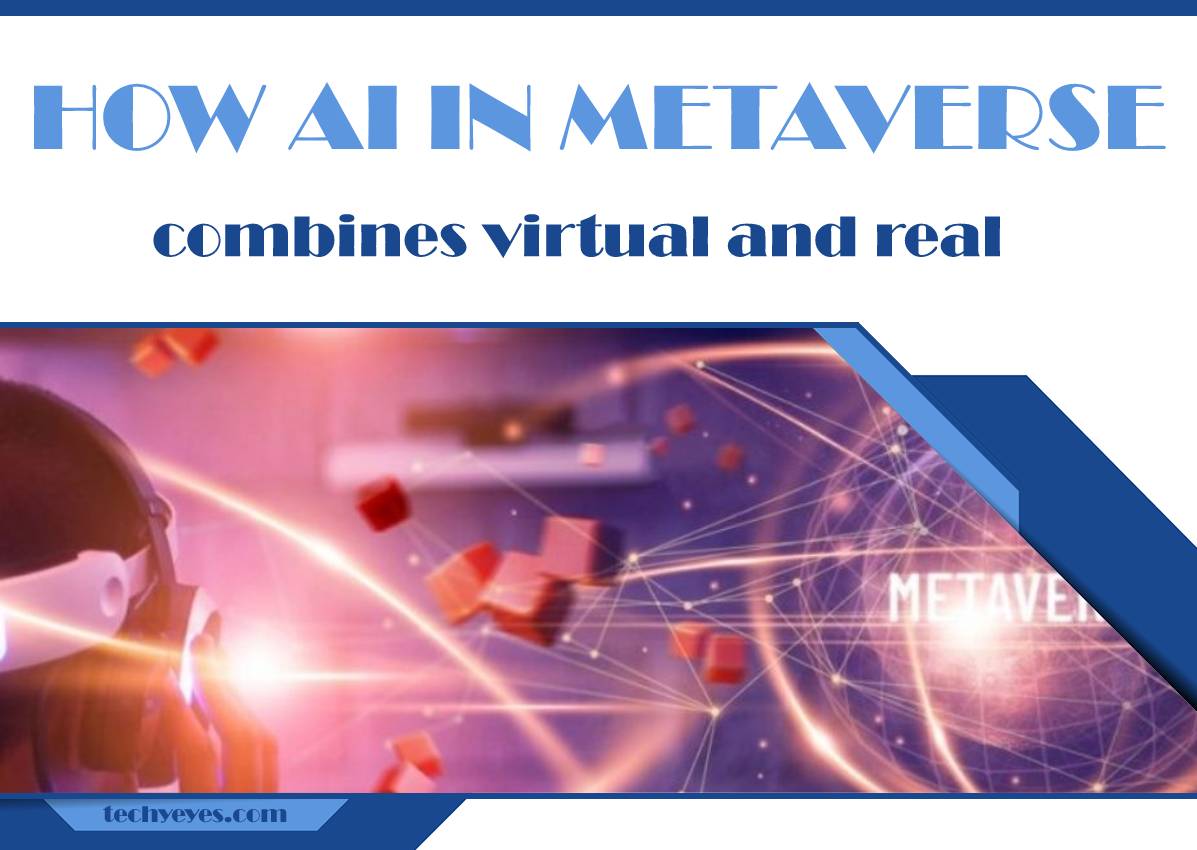Artificial intelligence applications, also known as AI applications, are quickly changing the world of technology as we speak. AI is slated to have far-reaching consequences in terms of the way businesses function and end-users interact with technology on a day-to-day basis.
Today, more than 50% of companies work with AI technology for managing at least a single functionality within their business structure. AI finds its usage in making a variety of consumer-based applications.
For instance, AI is applied extensively for facial recognition, faster and enhanced computing, natural language processing or NLP, and different kinds of under-the-hood technical processes. An AI detector is now commonly used in security systems to identify unusual patterns and potential threats.
It is important to discover a suitable partner in the sea of opportunities in the niche market. As you know, blockchain is a growing list of records, called blocks, that are linked together using cryptography. This is the only way to combine virtual and real. The Best Blockchain Development Companies exist to boost your productivity and help you manage transactions more effectively.
AI and Metaverse Intro

AI or artificial intelligence is currently being integrated with virtual reality and augmented reality for creating smart and more powerful immersive worlds. The main reason AI is a powerful tool is that it can effectively parse massive data and information.
The process occurs at high speeds, thus helping develop valuable insights to generate specific actions. The end users interacting with AI can use artificial intelligence for better decision-making. They can also link artificial intelligence with automation to facilitate low-touch processes.
AI in Metaverse can use virtual reality and augmented reality with blockchain technology and artificial intelligence. It will help develop accurate and perfectly scalable virtual worlds.
What Are Metaverse and the Importance of Using Artificial Intelligence With It
Most industry experts believe that AI in Metaverse will be a dominant trend in the next few years. The Metaverse is an expansive virtual space wherein users can easily interact with diverse 3D digital objects and 3D virtual avatars or versions. The complexity of the process will mimic the real world.
The concept of metaverse was created by Neal Stephenson, an acclaimed science fiction writer during the early 90s. Eventually, the concept got further developed by enterprises like Microsoft, Decentraland, Second Life, and Meta.
In recent times, Facebook has been carrying out some intense research on artificial intelligence and looking to find new ways to work with sophisticated AI algorithms.
Over the years, Facebook has worked with numerous types of AI uses and applications in areas including speech processing, content analysis, computer vision, robotic interactions, and whole-body pose estimations, to name a few. Currently, Meta is looking to create its version of AI in the metaverse.
Applications for Artificial Intelligence in Metaverse
Even though it is true that virtual reality worlds can easily exist without the use of artificial intelligence, when these two technologies are combined, they can give rise to a whole new world of possibilities. So, any game development company can collectively utilize the different features of VR and AI to innovate and launch new products in the market.
The worlds created by combining the best of virtual reality and artificial intelligence can appear to be more realistic than anything else.
Here are some of the benefits of using AI in Metaverse.
Accurate Creation of Virtual Avatars
Users are the main pillars of any metaverse. The accuracy of the avatar will determine the overall quality of experience that the users are going to have. The artificial intelligence engine can study and analyze the 2D user images and the 3D scans for creating a very realistic rendition of a simulated character.
It can help plot different facial expressions, hairstyles, emotions, and other features that result due to aging. It can help in making the avatar more realistic and dynamic.
Enterprises such as Ready Player Me nowadays work with AI for creating high-quality avatars used in the metaverse. Meta is also currently working on developing its unique version of this technology.
Multilingual Accessibility with AI in Metaverse

Language processing is one of the ways digital humans work with AI or artificial intelligence. Artificial intelligence can break down the various natural languages such as English and then change it into an interpretable machine-readable format, carry out a detailed analysis, come up with a response, change the output back into the English language and send it back to the user.
While the whole process includes several steps, it takes a small fraction of a second, making it just like an actual conversation. One of the best things about this technology is that it can work with any language.
The results can be presented in any language. It depends on the training of the AI. Therefore, people worldwide can use the metaverse to get benefitted from it.
Digital Humans
Artificial intelligence development companies also work with AI in Metaverse to develop digital humans. The digital humans are 3D versions of the chatbots existing in the metaverse. It is important to note that digital humans are not replicas of other people.
On the other hand, they are much like AI-driven NPCs or non-playing characters within a video game environment that can interact with and respond to the actions of a user in the VR world. Digital humans are created by using state-of-the-art AI tech. These digital humans are a vital part of the metaverse world and its landscape.
Digital humans will be used in numerous applications, such as automated assistants in virtual reality workplaces or non-playing characters in the gameplay. Several companies are currently considering using digital human technology to achieve different strategic goals.
Expansion of the VR World at Scale

AI can help in the expansion of the VR world. When different types of historical data get imbibed into the AI engine, it can learn from these previous outputs to generate its range of ideas and output. The output produced by the AI will improve progressively with time, and it can consistently integrate new input and human feedback to boost its performance.
The AI can also benefit from enhanced machine learning reinforcement. Such features can help the AI perform tasks seamlessly and efficiently and develop output as good as those produced by real human beings. Multiple companies like NVIDIA are currently working with AI to create complete and wholesome virtual worlds.
Such a breakthrough will play a crucial role in making the metaverse more flexible and scalable since it would be possible to add and implement new worlds without any direct intervention of human beings.
Intuitive Interfacing
Another area in which AI can help is that it can help with human-computer interactions or HCI. As a person uses a cutting-edge AI-driven VR headset, the sensors in the headset can read and interpret the muscular and electrical signals from the user to understand how the individual is considering moving within the metaverse.
With AI, it is possible to recreate an authentic and realistic sense of touch within the VR world. It means that the users can interact with all kinds of virtual objects even without using the hand controllers. Additionally, AI can also support voice-enabled navigation.
Practical Challenges in Using AI within the Metaverse

One of the things to be kept in mind here is that metaverse is a comparatively new field of research and development. It means that AI implementation can pose some serious issues and challenges for the users.
Some of the questions that need to be addressed are discussed below.
- The ownership of the AI-created content has to be decided at the onset. It can help determine which individual or company can have the copyright of the content and stands to profit from its content. It also helps determine how the VR content made with AI can be used.
- Another area that deserves a lot of attention is the proper use of ML and AI. Is it possible for the users to legally work with the AI/ML technologies to facilitate the metaverse interactions? How is it possible to work with the AI codes so that they can help in winning games?
- User transparency and deep fakes are other significant areas to be addressed in association with the use of AI in the metaverse. For instance, it is essential to let the people know that they are interacting with the AI systems and not any other human being. Additionally, steps need to be taken to prevent fraud and deep fakes.
- Decisions regarding the use of data in AI model training are imperative. It should be taken to train the artificial intelligence systems ethically for the metaverse. The consent mechanisms should be placed for the use of AI.
Conclusion
Without Artificial Intelligence, it would be rather complicated to create scalable, authentic, and engaging metaverse experiences.
For this reason, many companies at the present moment are trying to come up with new ways to implement AI in the development of metaverse.


